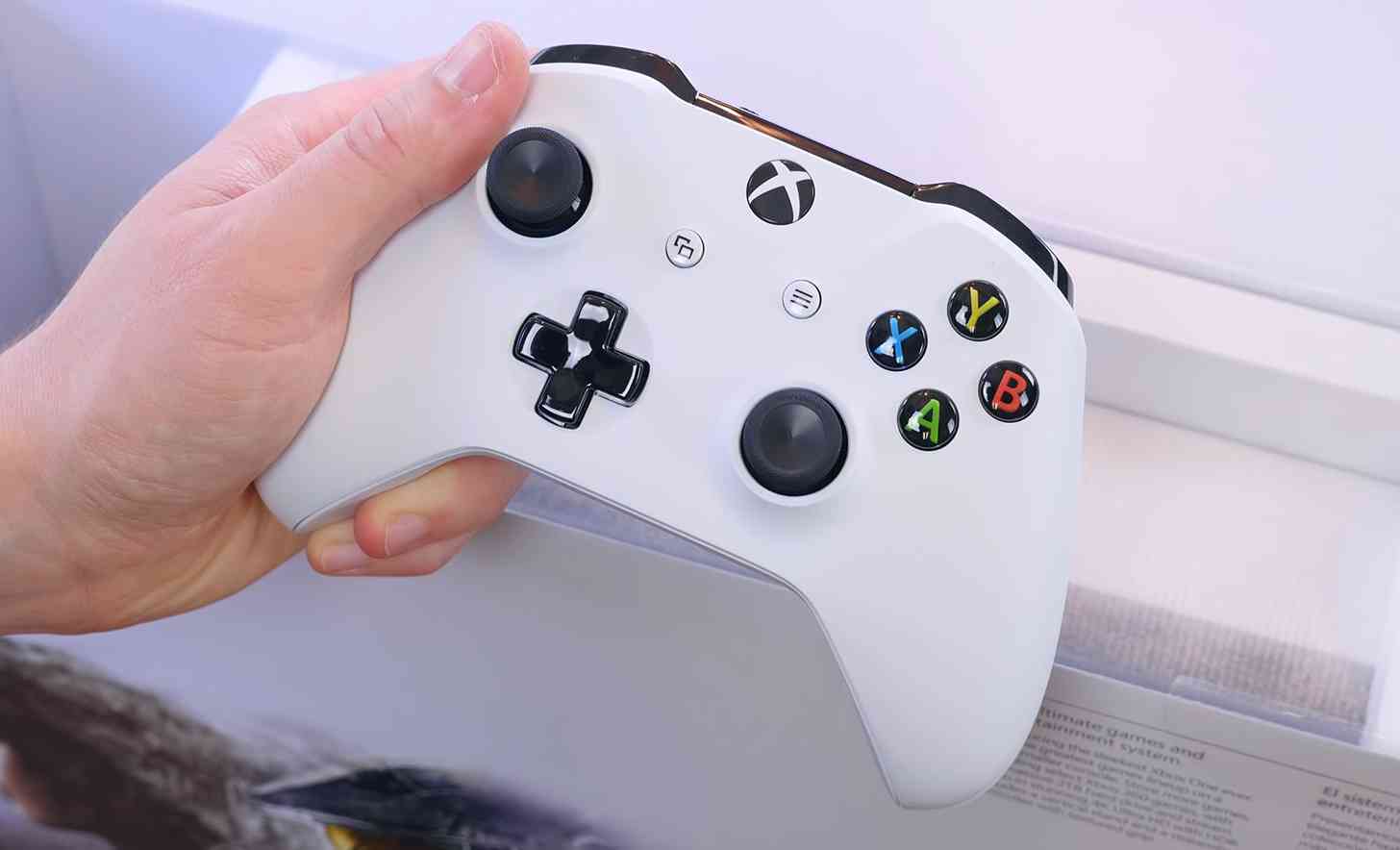
I was one of those folks who was fully strapped in on the Windows Phone bandwagon back in the day. Even when Windows Phone became Windows 10 Mobile, and support for the platform was obviously waning both in the software and hardware departments, I was over there in the corner hoping for the best. And it's probably crazy, but I'd even consider buying a new Windows Mobile device if it were up to par with the current flagships and, most importantly, had developer support.
But it's 2019 and Microsoft has basically thrown in the towel when it comes to future smartphones.
Microsoft is a giant company that has a lot going on at all times, but it's hard to deny that when it was trying to jumble things like Xbox, Windows Phone/Mobile, Windows 8/10, and whatever else there may have been, the company felt a bit scattered. Nowadays Microsoft has just as much going on, albeit without a concerted effort to make some kind of impact in the smartphone industry with its own hardware/software, but the focus of the company seems to be zeroed in.
That's good news, because post Windows Phone the company is on solid ground. It has found its groove when it comes to services. The executives realized that Windows Mobile wasn't going to carry them into the future they envisioned, so instead they have adopted iOS and Android as their own. (As much as they can for each platform.) It used to be that the potentially best experience for Windows desktop users was using a Windows Phone. But since that's not realistic anymore, that restriction has been lifted.
Microsoft's adoption of Android as its go-to resource for smartphones means that an Android user can get a pretty awesome experience on their Windows machine, especially as it concerns notifications and more. And while there is still a lot to be desired with iOS, the experience isn't wholly awful.
And just today Microsoft announced Xbox Live is coming to iOS and Android, which is a huge win for the company. Microsoft's gaming presence has been around for so long, and bringing it to both mobile platforms is the right move. And it strengthens Microsoft's role as a dominate presence in the services industry.
Microsoft couldn't fight Android and iOS, so it essentially joined them. It was the right move.
I may miss the days of the Windows Phone, but that doesn't mean Microsoft doesn't have something worthwhile to offer right now for smartphone users. It definitely does. And some might even say it's better than any one of those phones from back in the day. What do you think? Let me know!
